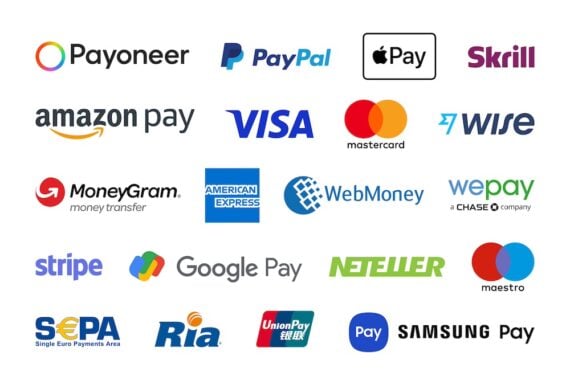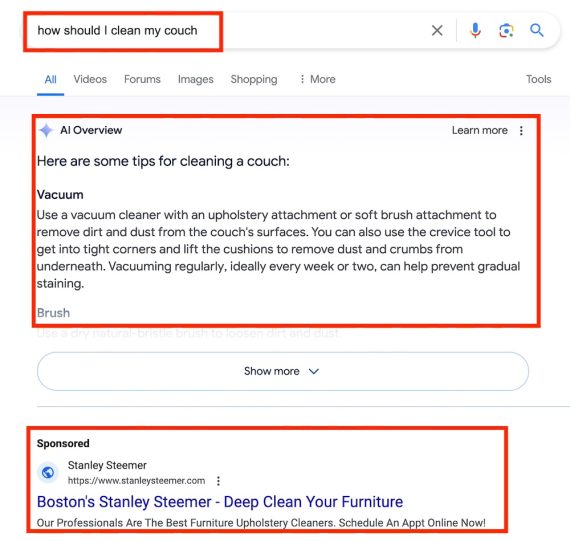The market for ecommerce businesses looks to be stabilizing this year, according to Mark Daoust, founder of Quiet Light, a brokerage and advisory firm.
“On the buy side, it feels as if things have stabilized somewhat — maybe not in a great place, but stabilized,” Daoust said in a video interview this month. “We’re not seeing as many fits and starts as before.”
Last year saw a market mismatch of either not enough sellers or not enough buyers. Now, buyers are active but more cautious, with the average time to complete a deal extending to 150 days from 110 days in 2021.

Mark Daoust
“Buyers are more sensitive to issues within the business than they were in the past,” Daoust said. “The dominant issue now is a lot more businesses have declining trends. As one of my brokers put it, we’re listing a lot of businesses that need things to be fixed.”
Buyer’s Market
Daoust forecasts steady acquisitions into the fall and a chance for real improvement in 2025. That assumes businesses stop bleeding and sellers adjust their expectations to what is now a buyer’s market. That said, a higher percentage of deals are falling apart during due diligence.
“A buyer isn’t going to acquire a business that’s fatally ill,” Daoust said. “When they’re evaluating something with declining trends, buyers ask, ‘Is it going to be stable in the long term? Can I fix this? Can I return this to profitability?’ If so, it’s a great buy and a good deal for buyers. This is a great opportunity for buyers to purchase some of these businesses at lower valuations.”
It would help if interest rates were lower, making capital less costly, but Daoust has seen a number of buyers with loans from the U.S. Small Business Administration to fund their transactions, albeit at high rates, upwards of 13%.
Moreover, for the right deal, buyers are willing to take chances with private lending or rates upwards of 20%.
Regardless, deal activity should also pick up post-election, no matter who wins.
“Republican, Democrat. It doesn’t really matter. The market loosens up pretty quickly after,” he said. “I would expect the same here.”
Buyers increasingly seek multiple revenue channels beyond Amazon. Shopify, Walmart, Target, and TikTok are all solid platforms for sales.
“You can build a good business outside of Amazon. We’re seeing more merchants expand to physical retail stores,” Daoust said. Social media is also becoming very relevant. “The TikTok Shops we’re seeing look very promising.”
Artificial intelligence may be a game-changer. Businesses will need to reassess search engine optimization and determine how to optimize for AI, Daoust said.
“From a business owner standpoint, I’m thinking, ‘How can I utilize it?’” Daoust said. “A client came to us saying we were recommended by ChatGPT. I thought, whoa, this is now something we need to look at.”






